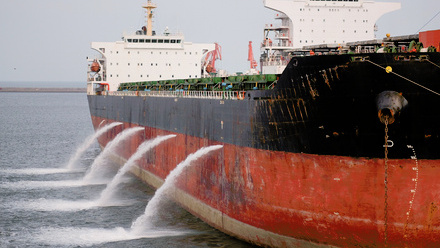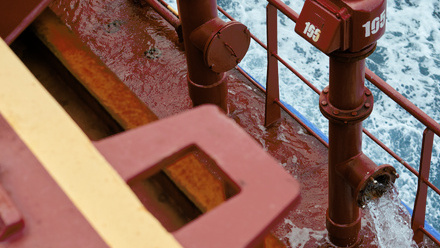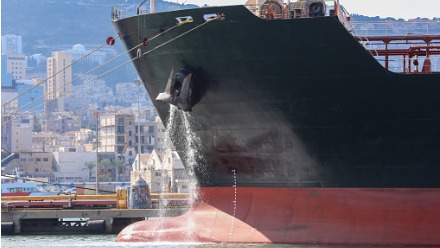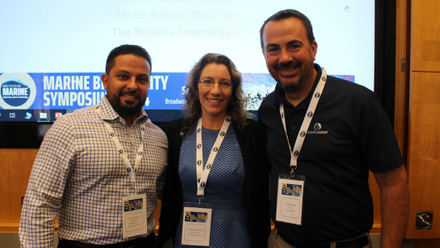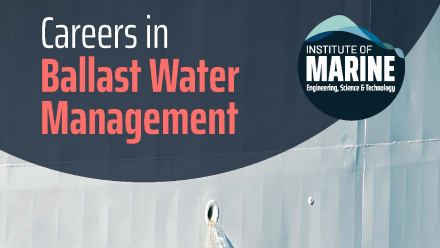Ballast Water Testing – Managing Ship Owner Risks Related to Third-Party Testing
Commissioning testing and periodic testing of ship’s ballast water discharge is a relatively big market that many new service companies are entering. Competition is good for keeping costs to ship owners reasonable; however, owners may not be getting what they deserve. Companies are required to become approved testing service providers under IMO’s 2020 Guidance for the commissioning testing of ballast water management systems (BWM.2/Circ.70/Rev.1), and this review should confirm their qualifications, the sampling and testing methodologies they employ, and their quality control/quality assurance practices. While the United States Environmental Protection Agency’s (EPA) Vessel General Permit (VGP), does not require testing service providers to be EPA approved, qualifications for compliant VGP testing are equally important.
With more frequency during 2023 than any year before, I have personally received communications and reviewed reports provided to ship owners by testing service providers that are new market entrants, who appear to have limited or no experience with the relevant ballast water regulations. Sadly, and unbeknownst to trusting ship owners who are just trying to comply, some testing service providers are providing services and reports to ship owners that don’t meet the specifications of the IMO’s guidance or the VGP’s requirements. For VGP testing, cases where incorrect parameters are analyzed (or skipped completely), samples exceed holding times, and reports don’t list critical information that owners need to allow compliant Annual Reporting to the EPA are becoming more common. IMO commissioning testing reports often fail to include basic information such as the make and model of the ballast water management system that was tested, or the sampling and analysis methods employed. These cases raise the unfortunate question if service providers are simply being approved because they have ticked the boxes on a list of required documents and paid the requisite fee to obtain an approval certificate, or if they are truly qualified and knowledgeable.
Important to recall is that the IMO’s commissioning testing requirement was put in place to protect ship owners, at the request of industry associations that represent them. Commissioning testing is an important step to ensure that the ballast water treatment system owners have invested in was installed correctly and is operating according to the manufacturer’s specifications. Cost sensitivity is well understood; however, owners are strongly encouraged to check the qualifications of the testing service provider they are choosing. The way samples are collected, how they are handled and analyzed, and the report that will eventually be provided are critical aspects that owners need to be aware of to ensure they are getting what they paid for – a service that should be compliant with the regulations.
Without this assurance, owners carry the greatest risk potential. Based on direct experience with helping owners who find themselves in various unfortunate situations, there are several risks. One that comes to mind readily, is the need to fully repeat testing – at additional cost – to meet the specifications of the IMO’s guidance and/or requirements of the EPA’s VGP. In these cases, initially choosing the cheaper testing service doesn’t turn out very cost-effective after all. And most importantly, if owners get a passing report that erroneously indicates compliance with the discharge standards, owners have two substantially bigger risks: 1) not knowing if the equipment they invested in is actually working properly, and 2) having non-compliant ballast water discharge that results in larger regulatory consequences during PSC inspections.
All stakeholders are relying upon Administrations and classification societies to consistently implement the regulations, to truly pay attention to the testing service providers being approved and the quality of service they offer to ship owners. Importantly, the aquatic environment depends on the protection from invasive species that the IMO and EPA regulations are intended to provide.

